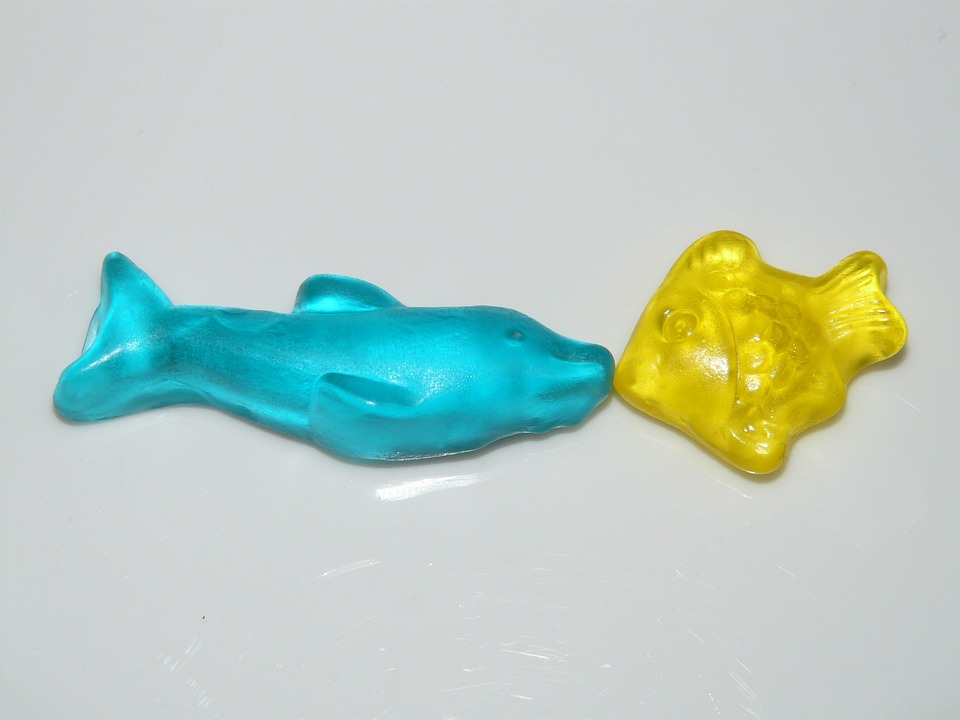*By Samantha Richards*
Aquarium fish require proper nutrition to thrive and maintain good health. But with so many options available, it can be overwhelming to determine the best feeding practices for your fish. In this article, we will explore key findings from a recent study on fish nutrition and provide a comprehensive guide to feeding fish in your aquarium. Read on to learn more about the importance of a balanced diet, feeding frequency, portion control, and more.
**The Importance of a Balanced Diet**
Just like humans, fish also require a balanced diet to stay healthy. A balanced diet should consist of a variety of nutrients to meet their specific nutritional needs. The study revealed that a combination of protein, carbohydrates, fats, vitamins, and minerals is essential for optimal fish growth, immune function, and coloration.
**Choosing the Right Fish Food**
Selecting the right fish food is crucial for your aquarium’s inhabitants. There are several options available, including dry flakes, pellets, freeze-dried or frozen foods, and live foods. The study suggests that a combination of these options can provide the necessary nutritional variety for your fish.
– Dry Flakes and Pellets: Dry flakes and pellets are convenient and widely available. Look for high-quality options that contain a variety of ingredients, including fish meal, vegetables, and vitamins. Consider the specific dietary requirements of your fish species when choosing the appropriate size and type of food.
– Freeze-Dried or Frozen Foods: Freeze-dried or frozen foods offer a more natural alternative to dry flakes and pellets. These options often include brine shrimp, bloodworms, or daphnia, which provide essential proteins and nutrients. However, remember to thaw frozen foods before feeding them to your fish.
– Live Foods: Live foods, such as brine shrimp, daphnia, or blackworms, are highly nutritious and can stimulate natural feeding behaviors. However, they require more effort and careful maintenance to ensure their quality and prevent the introduction of harmful bacteria or parasites.
**Feeding Frequency and Portion Control**
Establishing a regular feeding routine is crucial to maintain your fish’s health and prevent overfeeding. The study recommends feeding your fish small portions two to three times a day, depending on their species and age. Monitor your fish’s behavior and adjust the feeding frequency accordingly.
Overfeeding can lead to water pollution, obesity, and various health issues. Avoid excessive food quantities that your fish cannot consume within a few minutes. Uneaten food should be promptly removed from the aquarium to maintain water quality.
**Supplementing the Diet**
Occasionally supplementing your fish’s diet with additional nutrients can be beneficial. The study suggests the following supplements:
– Vitamin Supplements: Some fish, especially herbivorous species, may benefit from additional vitamin supplements to support their immune system. Consult with a knowledgeable veterinarian or aquarist to determine if your fish would benefit from vitamin supplementation.
– Mineral Supplements: Certain mineral deficiencies can lead to health problems in fish. Consult with an expert to identify any specific mineral needs your fish may have and provide appropriate supplements if necessary.
**FAQs**
**Q: How do I know if I am feeding my fish the right amount?**
A: Observe your fish during feeding time. If they consume all the food within a few minutes without leaving any leftovers, you are likely feeding them the correct amount. Adjust the portion size if necessary, but avoid overfeeding.
**Q: Can I feed my fish human food?**
A: It is generally not recommended to feed your fish human food. Fish have specific dietary requirements, and human food may lack essential nutrients or contain harmful additives. Stick to specialized fish food for optimal nutrition.
**Q: Should I fast my fish occasionally?**
A: Fasting your fish for a day or two occasionally can help regulate their digestive system and prevent overfeeding. However, consult with an expert to determine whether fasting is suitable for your specific fish species.
**Q: Can I feed my fish treats?**
A: While occasional treats can be given to your fish, they should not replace their regular diet. Treats should be nutritionally balanced and appropriate for your fish species. Avoid overindulging, as excessive treats can lead to nutritional imbalances.
Feeding your fish a balanced diet is essential for their overall well-being. By following the recommendations from this comprehensive guide and taking into account the findings from recent studies, you can ensure that your aquarium fish receive the proper nutrition they need to thrive. Remember to consult with experts and stay informed about the specific dietary requirements of your fish species for optimal care.









